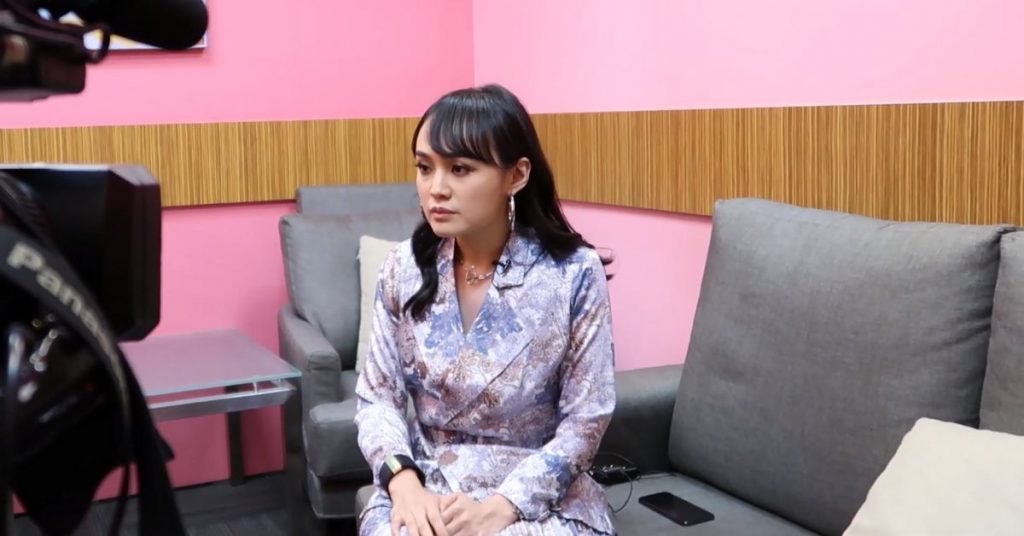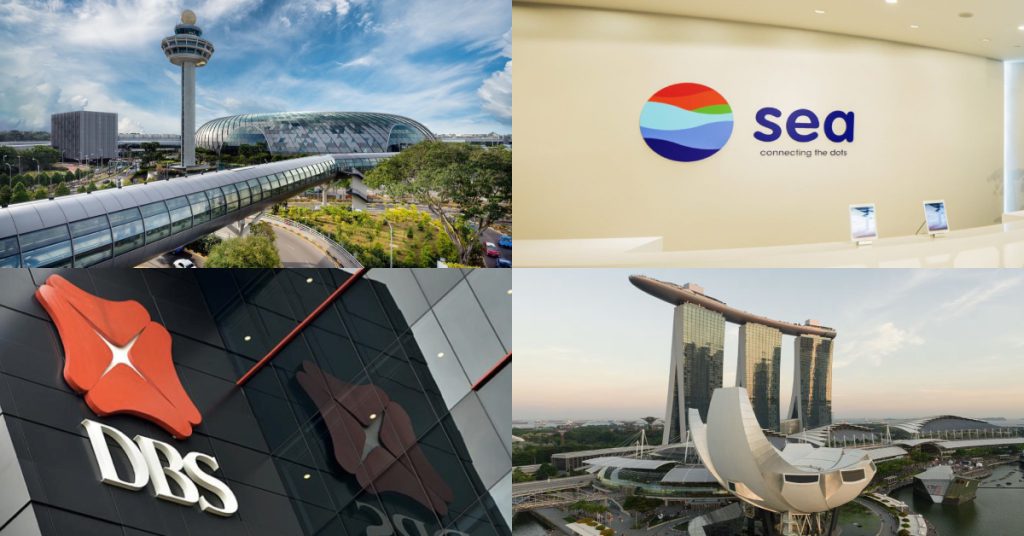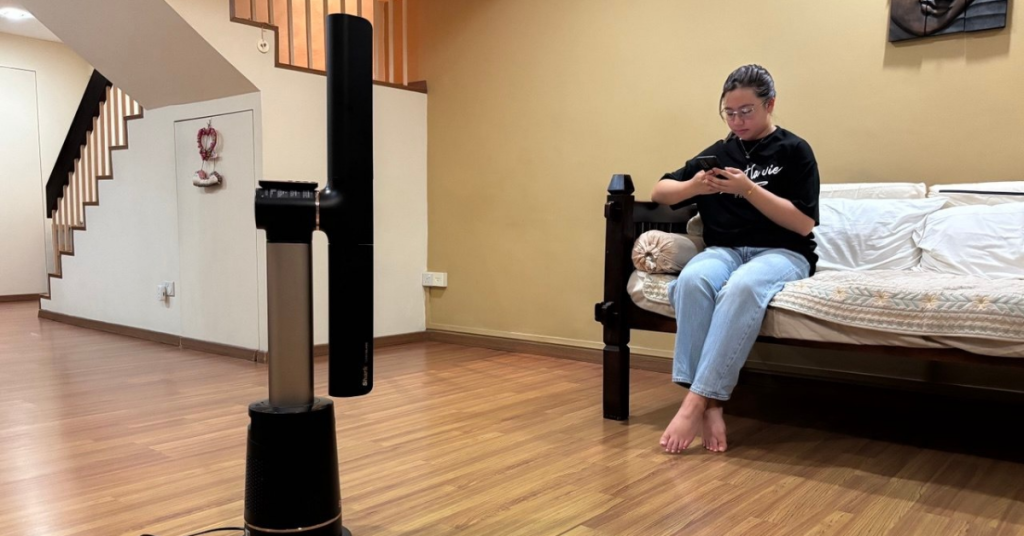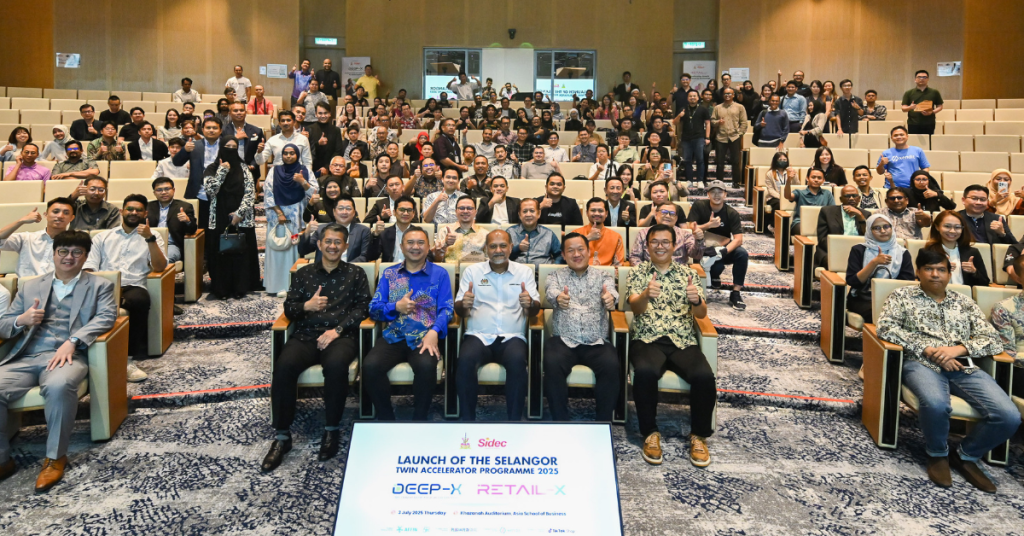The media have been abuzz for the past week over Christy Ng’s opinion on maternity leave, after Astro Awani’s written summary of her interview segment with them.
Astro Awani’s original headline, translated from BM to English, read: ‘Famous Female Entrepreneur, Christy Ng Disapproves Of 90-Day Maternity Leave’.

They revised it to be more accurate later, but the damage was done.

Other media then began publishing articles about how Christy said 90 days maternity leave would do more harm than good to an employed woman. This led to the public criticising her harshly on various social media platforms.
But Christy has defended herself, saying that her words have been taken out of context by the media. Indeed, her interview segment on maternity leave was brief and she wasn’t able to explain her opinion better. The misleading Astro Awani title didn’t help, either.
So, she reached out to Vulcan Post after reading our article on what our own mothers think about 90 days maternity leave.
In an Astro Awani interview that wasn’t aired, Christy was able to properly explain her opinion, as opposed to the interview segment that actually aired. Her own staff managed to film the unaired interview, and we have been given clips of it.
Here’s what most media failed to highlight about her argument on maternity leave.
1. Increasing Paternity Leave For Shared Responsibility
According to Christy, our paternity leave is too short. Currently, there is no strict law in Malaysia that dictates men should be given a minimum duration of paid paternity leave.
She suggested that women be given 2 months of full maternity leave while their husbands get 1 month of paternity leave, and that they cannot take the leaves at the same time.
Both parents can then share the responsibility in raising the child for the first few months, and it lessens the disadvantages women face in the workforce.
2. Flexible Schedule For The Third Month Of Maternity Leave
Besides having a longer paternity leave, Christy said that women could be given flexible working hours in the third month of leave where they can come into work 2 to 3 times a week, or even work from home.
“What I’m suggesting is, I like the idea of having 3 months, but let’s find a middle ground. Let’s say, let’s give 2 months for female, 1 month flexi hour for the new mother, and we increase the paternity leave,” she said.
3. For The Sake Of Employed Women In Higher Positions
Women in C-suite positions may find it difficult to juggle between parenthood and their career, as the company’s operations will be dependent on them.
“I want to see more women in top C-suite positions, and when you have to take 3 months away from the business, it’s a bit too long,” Christy said. “You get out of touch very, very fast. And at the rate and pace things are changing, this modern-day economy, 3 months will make a person obsolete.”
While she isn’t in complete disagreement with the 90 days maternity leave, she believes that it needs to be well thought out and planned to avoid discrimination against hiring women for high-paying jobs.
4. Discouraging Discrimination By Other Employees
From Christy’s perspective, longer maternity leave may not only jeopardise a C-suite woman, but it may also jeopardise women in the lower rungs of the corporate ladder.
“If there’s a 3 months maternity leave, this also means that your colleague has to take over your job for 3 months, so we need to also balance that out. We also have to think about what the other employees feel,” she said.
A woman who takes a longer maternity leave might be seen as someone who chose motherhood over her career, and this can lead to colleagues thinking of her as a less-committed employee.
5. Avoiding The Discrimination Of Women By Employers
98% of one million registered employers in Malaysia are SMEs. Out of these SMEs, 60% are micro-employers with less than 5 staff.
Christy brought up the concern of the cost that employers (SMEs in particular) would have to bear if their female employees took longer maternity leaves. This was a similar concern raised by the Malaysian Employers Federation (MEF).
“Some businesses may not be able to afford 3 months maternity leave. If you’re a big company, yes, you can afford it. If you’re a multinational [corporation], you can afford up to 6 months,” Christy said. “But for SMEs, which are the backbone of this nation, a lot of SMEs are going to struggle with the cost.”
Companies may find the prospect of covering staff on maternity leaves daunting as they need to plan for smooth transitions and might need to rely on external recruitment support.
-//-
Christy isn’t the first person to raise all of these arguments and concerns. Research has been done on the impact of mothers spending a longer amount of time away from work.
The findings revealed that these mothers are less likely to be promoted, move into managerial positions, or receive a pay raise. They’re put at greater risk of being fired or demoted, and co-workers may also see them as less committed to their jobs.
On the positive side, one way employers can retain and support and retain their female employees after maternity leave is through ‘keep-in-touch’ programs. Increasing paternity leave will also help reduce the time that women are absent from work, and normalise the idea of both men and women taking leaves to care for their children.
Currently, it seems like a lot of the controversy stems from the clashing of different perspectives. From an employer’s perspective, it’s understandable that they might put the best interests of their business before anything else. If they think that hiring women may harm the business in the future, it’s likely that they’ll just not hire women at all.
As Christy said, it could be a double-edged sword, and ignoring all the other issues that longer maternity leave could bring in this current climate would only do more harm than good.
- You can read more about what we’ve written on maternity leave here.















